Dragon's blood is a resin produced by the rattan palm tree, Daemonorops draco It is native to Southeast Asia, appearing in tropical and subtropical climates and occurring on the Malay Archipelago, specifically cultivated in Sumatra There are in fact many red resins colloquially known as dragon's blood, many of which possess differentTrees the trees can generate naturally, but they do use biomedict so you might need to go on an adventure Cypress any CONIFEROUS or COLD, Elder any FOREST, Juniper any SAVANNA, and Dragon's Blood is the odd one out, it must be found in nether chests orMar 03, 10 · Dragon's blood, they call the sap, which runs from the diagonal slashes in the same manner that rubber runs from rubber trees But while the latex of rubber is white, Dragon's blood

Dracaena Cinnabari Wikipedia
How to use dragon's blood resin
How to use dragon's blood resin-Dragon Blood tree resin and Agarwood "Dragon Soul" attarsandincense 5 out of 5 stars (125) $ 800 Add to Favorites Previous page Next page Previous page Current page 1 Page 2Feb 04, 13 · Metaphysically, Dragon's Blood is often used to enhance spells for protection, exorcisms, and loveWhile Dragon's Blood lacks an inherent metaphysical quality, according to Wylundt's Book of Incense (19), for those practicing Wiccan and witchcraft traditions, the resin can be used as an enhancement for your own spells (more specifically for spells concerning


Extinction Watch Dragon Blood Tree A Magical Cure All The Economic Times
Oct 13, 17 · The Dragon's Blood Tree is named for unique red sap This red sap forms a resin that was a prized commodity in ancient times Romans and other old civilizations used it as medicine and as a red dye Dragon's Blood resin has enjoyed continued popularity throughout history for various purposes, and even today it is still used as a varnish3 comments share save hide report 100% Upvoted This thread is archived New comments cannot be posted and votes cannot be cast Sort by bestJul 01, · Googling "dragon's blood" returns a number of premium skincare products promising to leave your skin feeling plumped, smoothed, and hydrated But this bloodred resin, known to ooze out of the Amazon rainforest's Croton lechleri, also called the Dragon Tree, has been around for much longer than the commercialization of cosmetics It has
Pure chunks of Dragon's blood resin, the red sap of a tree called the Dragon Palm is still used today to make Dragon's blood ink These specially formulated inks are of the highest quality, and will work beautifully in either a fountain pen or metal nib pen, traditionally a colored quill or feather pin would be used to empower the rootworkApr 19, 21 · The dragon's blood tree (Dracaena cinnabari), a perennial leaf tree found in the Socotra Archipelago in Yemen, has been known since the antiquity of its unusual appearance and the Red Savia The dragon's blood tree resembles an open umbrella, with a straight trunk, which is then branched when the ripe treeDragon's Blood trees have been used throughout the ages for everything from staining wood to healing cuts and scrapes to magickal ceremonies Learn how you too can easily grow your own Dragon's Blood tree Step 1 First purchase some seeds from a reputable dealer I bought mine from an online merchant
Jan 24, 15 · This tree not only has a very distinctive appearance but also releases a red sap, or resin, that is known as dragon's blood People have collected and used the resin for many years According to legend, the first dragon blood tree was created from the blood of a dragon that was wounded when it fought an elephantSangre De Grado Dragons Blood Interested in Sangre de Grado Waiting for you in our store just click the button Press Here What is Sangre de Grado?Jul 01, 18 · Dragon tree resin, also known as dragon tears or dragon's blood, has long been used as incense for clearing negative energy before and after ceremonies It was also called upon in ritual magic and alchemy The Dragon tree encourages us tap into a magical way of thinking to resolve conflict and bring about positive change
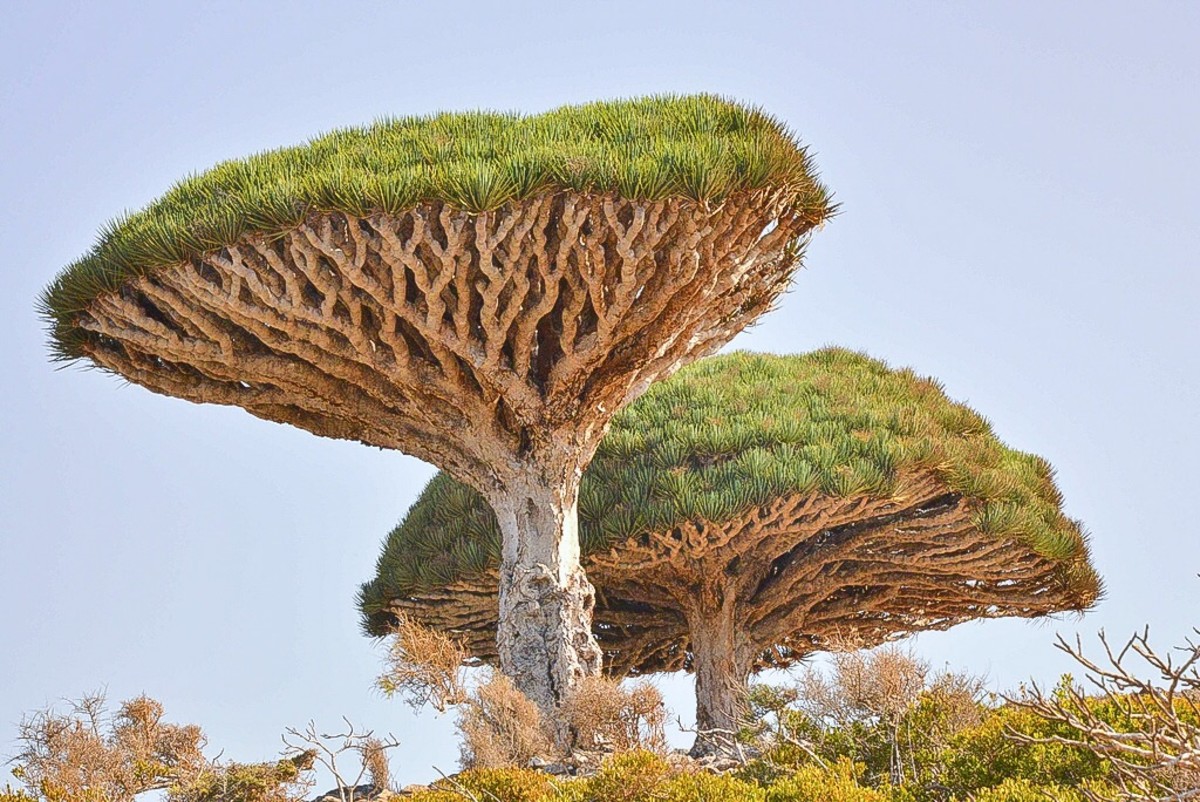


The Strange Dragon Blood Tree Of Socotra Island Owlcation



Dragon S Blood Buly 1803
True Dragon's Blood Resin Oil, Dragon's Blood Spell Oil, Dragon's Blood Ritual Oil, Real Dragon's Blood Oil PagansApothecary From shop PagansApothecary Dragon's Blood Tree Print (8x10) AlyshaDawnStudio From shop AlyshaDawnStudio 5 out of 5 stars (51) 51 reviews $ 2444 FavoriteThe ingredient has been shown to help improve blood circulation and minimize inflammation It has long been used in traditional Chinese medicine to treatAug 02, 18 · Dragon's Blood is actually a resin, which is harvested from a variety of different plant species The bright red pigment is what lends it the name Dragon's Blood The products which are currently marketed and sold to modern Pagans are not precisely the same as what ancient cultures referred to as Dragon's Blood
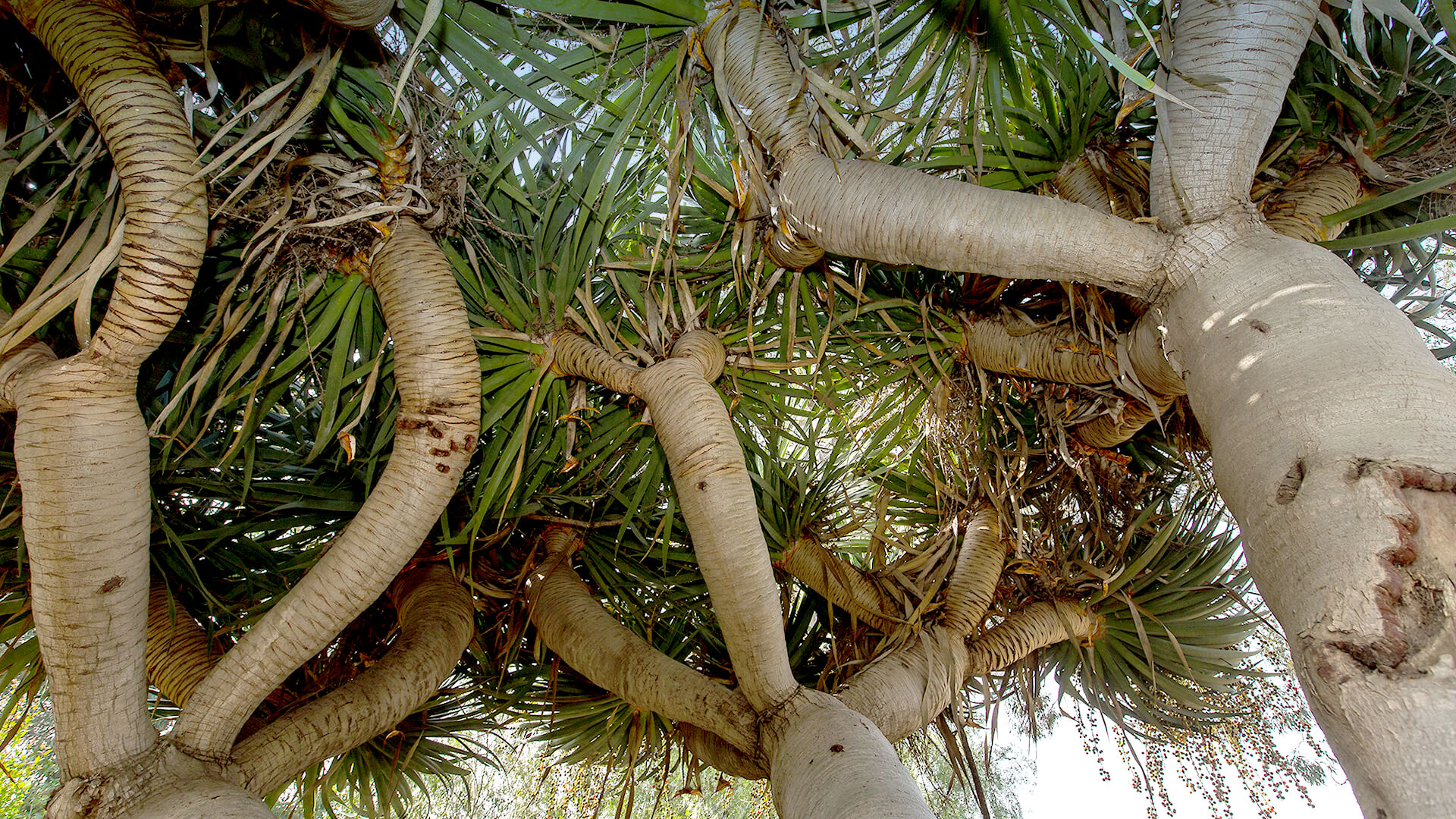


Dragon Tree San Diego Zoo Animals Plants



Dragon Blood Tree Resin Page 1 Line 17qq Com
Jun 21, 19 · The tree has an umbrellalike shape, with leaves that measure up to 60 cm long and 3 cm wideThe dragon blood tree flowers in February The flowers have a tendency to grow at the end of the branches If you wound the bark of the tree, it produces the famous red resinDragon's blood tree, which is the common name of Dracaena cinnabari, is an evergreen tree It is endemic to the Socotra archipelago, which includes four islands in the Indian Ocean It grows in the harsh, arid climate of the Socotra Island, which is the largest of the four islands of the Socotra archipelago It is a part of the Republic of YemenSangre de grado is a mediumsized to large tree that grows from 10– m high in the upper Amazon region of Peru, Ecuador, and Colombia Although tall, the
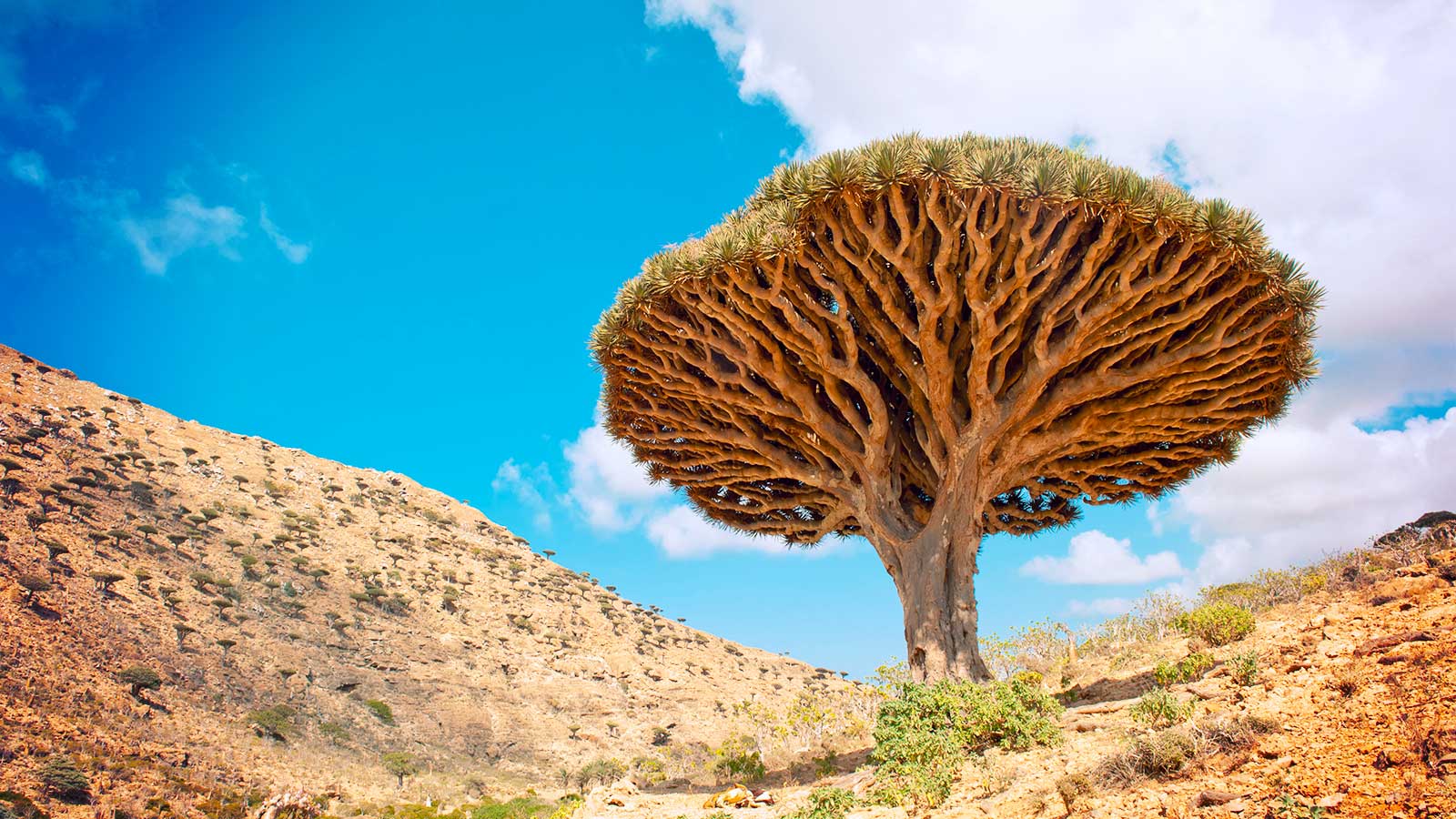


Dragon S Blood Tree Leaf Limb



Dragon S Blood Trees In Socotra Yemen
About Dragon's Blood Once thought to be the blood of dragons that had perished in combat, Dragon's Blood is really the hardened resin of certain rare trees found in India and Sumatra It has a natural red pigment and a haunting, earthy fragrance Dragon's Blood is used to add potency to spells, for protection, and to create a meditativeDec 23, 15 · Dragon's Blood is one of the most well known spiritual items around It is used in all sorts of spiritual traditions in a variety of ways Clearly it really isn't from a dragon, so where does it come from?Dragon's blood is a resin produced by the rattan palm tree, native to tropical and subtropical climates of southeast Asia While there are many red resins that go by the name of dragon blood, Daemonorops draco is the most commercially availableDragons blood resin is typically burned as incense and can also be employed as a dye
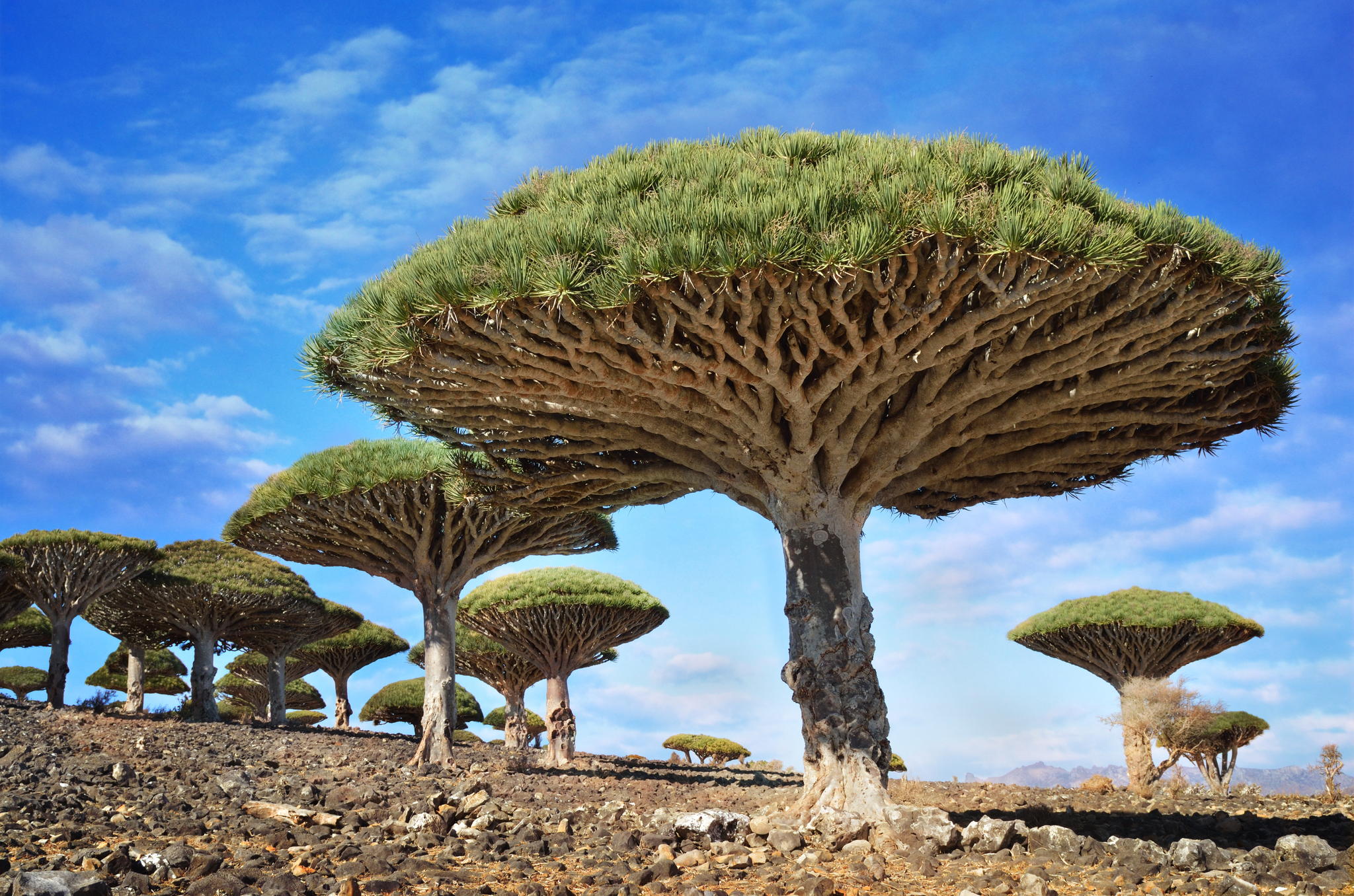


Dragon S Blood The Gypsy Thread



Pin On Eco Fun Facts
History Dragon's Blood comes from resin or the sap of trees, originally from the species Dracaenaceae Dracaena or Dragon's Blood Trees are found throughout the CanaryQuestion I tried beating the ender dragon and that didn't work, do I get it from the dragon's blood trees?Genuine Dragon's Blood resin has a strong earthy, herbaceous scent By itself, the scent smells like what it is a tree sap However, when you combine it with essential oils such as patchouli, sweet orange, juniper, and cedarwood as we have done with our Dragon's Blood Goat Milk Soap and Dragon's Blood Lotion Bar the scent takes on



Dragons Blood Resin Bulk Megan Co Herbal Apothecary And Clinic



Dragons Blood Incense For Manifestation Purification12 Pack Witchcraft Pagan Amazon Co Uk Kitchen Home
Jan 15, 19 · First, the Croton Lechleri tree is commonly referred to as the dragon tree, and second, the resin is a dark red color similar to that of blood What Are the Benefits of Dragon's Blood?How do I get Dragon's Blood Resin in Bewitchment?Dragon's blood, red resin obtained from the fruit of several palms of the genus Daemonorops and used in colouring varnishes and lacquers Once valued as a medicine in Europe because of its astringent properties, dragon's blood now is used as a varnish for violins and in photoengraving for
/DragonsBlood-58e11c8a3df78c516255c239.jpg)


Using Dragon S Blood In Pagan Magic



Pin On Trees
A Dragon's Blood Tree "bleeding" it's resin over an area To get Dragon's Blood Resin rightclick a natural grown Dragon's Blood Tree with a Boline and Dragon's Blood Resin will gradually appear around the area, as if the logs are bleeding over timeSep 08, 17 · The dragon blood tree is an unique tree native to the Socotra archipelago, part of Yemen, located in the Arabian Sea The famous red resin that gives it its name is exuded from the bark after wounding The dragon blood tree is an evergreen tree that can live up to 650 years and reaches heights of around 10 to 12 meters (33 to 39 feet)Oct 19, 18 · Dragon's blood is a natural plant resin It's dark red in color, which is part of what gives dragon's blood its name The resin is extracted from many different tropical tree



The Strange Dragon Blood Tree Of Socotra Island Owlcation



Dragon Blood Tree
Nov 11, 19 · The dragon blood tree (Dracaena cinnabari) is a tree that produces a distinctive red resin and grows in US Department of Agriculture plant hardiness zones 10 and 11 The tree grows inDracaena draco is known as dragon tree because it was once believed that the red resin exuded by from the trunk and leaves was actually dragon's blood (see link below for folklore) The term is still used to refer to this sap, which has a variety of usesJun 01, 09 · Dragon's blood actually bears no relation whatsoever to the animal kingdom Technically speaking, it is not blood at all, but rather tears As a dark red, sappy resin, or latex, dragon's blood oozes from a particular species of South American tree when its trunk is cut, giving the impression that it is bleeding



Dragon S Blood Sangre De Drago Rainforest Chica
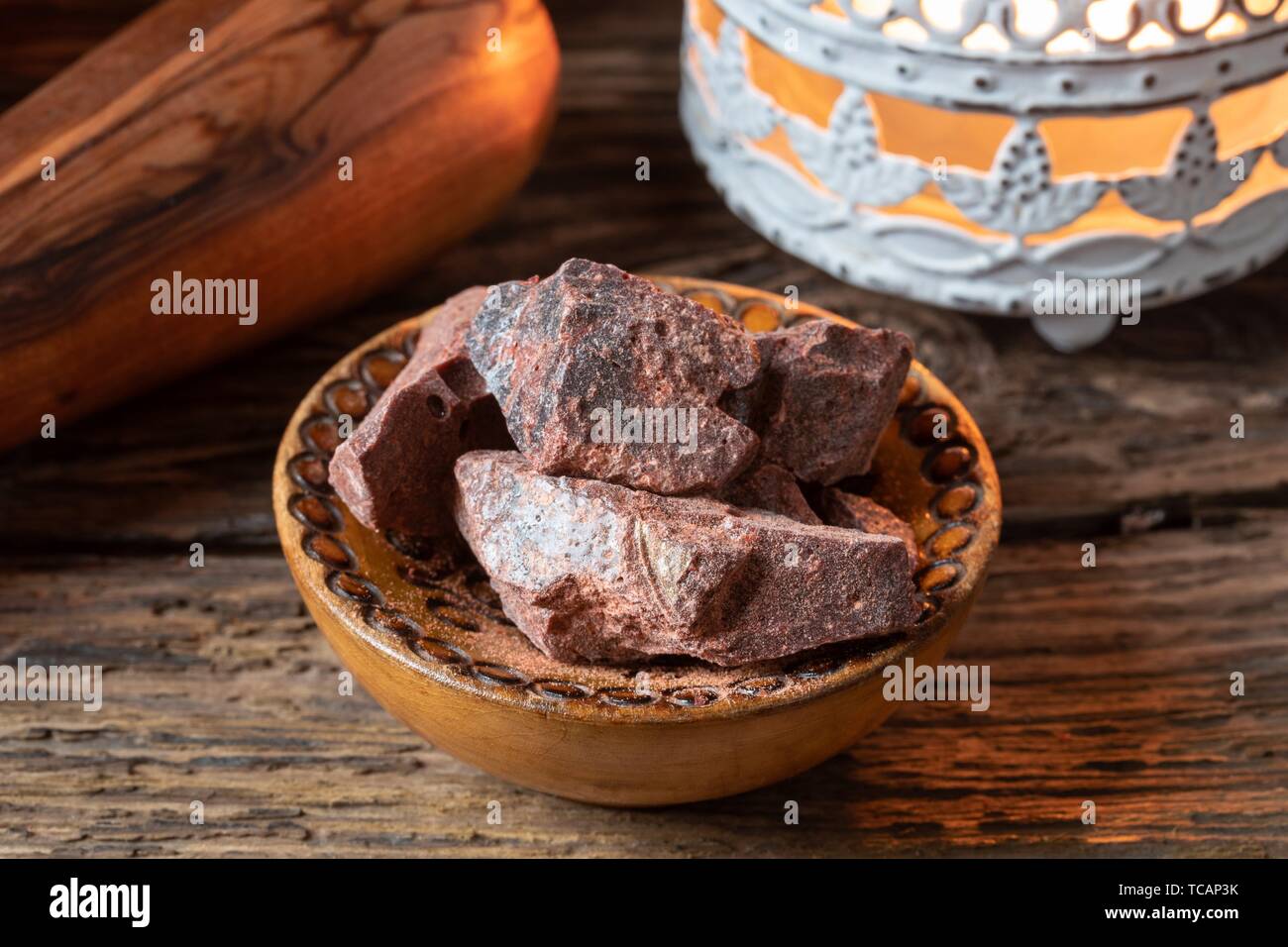


Dragon S Blood Resin High Resolution Stock Photography And Images Alamy
Its Peruvian name, sangre de grado, means "blood of the dragon" (in Spanish) In Ecuador, it's named sangre de drago (which means "dragon's blood" as well) When the trunk of the tree is cut or wounded, a dark red, sappy resin oozes out as if the tree is bleeding—earning this local nameDragon's Blood Tree An island off the Horn of Africa holds root to a tree with an ominous crown and veinlike branches that trickle a darkred resin The Dracaena cinnabari had bled a name for itself in history with legends of dragons and magicNov 02, 19 · Dragon's blood is a resin obtained from the plant Daemomorops draco, or Dracaena draco also known as the dragon tree or Draconis palm or Dracaena cinnabari The resin crystallizes and can then be pounded into a powder that can be used for a variety of purposes Dragon's blood resin is a popular incense for ritual purposes



Dragon S Blood Wikipedia



Dragon S Blood Resin High Resolution Stock Photography And Images Alamy
Govinda Dragon's Blood Natural Resin Incense is originated from Indonesia This resin from a palm tree is burned to entice errant lovers to return This is usually done by women seated near an open window, looking outside at night The dried resin is a powerful protectant when carried, sprinkled around the house or smouldered as incenseJan 01, 1970 · Dracaena draco is known as dragon tree because it was once believed that the red resin exuded by from the trunk and leaves was actually dragon's blood (see link below for folklore) The term is still used to refer to this sap, which has a variety of usesThe Socotra dragon tree is an iconic tree with a long history of commercial use It is known only from the island of Socotra, Yemen, where it lives within remnants of prehistoric 'Dragonsblood' forest on granite mountains and limestone plateaus



Dragon S Blood Phytognosis



Lovinah Dragon S Blood Probiotic Tonic Cult Beauty Cult Beauty
Dragon's blood is a red resin produced from a variety of trees growing in South East Asia, East Africa, Canary Islands, West Indies and also in South America The constituents of this resin are numerous and differ according to their sourceDragon's blood is mainly a type of incense made from the resin of a palm tree called Dracaena, or Dragon Tree These trees are native to the Socotra archipelago near the Arabian Sea and can be found in Yemen countries This otherworldly tree can live for over a thousand years and has an unusual umbrellalike appearanceDec 11, 19 · A very large Daemonorops draco dragon tree in the Canary Islands Photo credit Esculapio via Wikimedia Commons Native to India, Indonesia, and Malaysia, where it can be found growing in moist lowland areas and reaching a mature height of around 40 feet It is commonly referred to as dragon's blood (1)


Dracaenaceae Dragon S Blood And The Language Of The Birds Tropical Biodiversity


I See Your Dragon S Blood Tree And I Present To You The Australian Bloodwood Pics
Dragon's blood is a deep red resin, which has been used as a famous traditional medicine since ancient times by many cultures The term "Dragon's blood" refers to reddish resinous products, usually encountered as granules, powder, lumps or sticks used in folk medicineDragon's blood is a resin that comes from a family of tropical trees called dragon trees It gets its name from its dark red appearance Dragon's blood has a number of uses as medicine, incense, dye, paint, an ingredient in magical spells, and much moreDragon Blood (Dracaena cinnabari) Dracaena cinnabari tree damaged by tropical storm It was used as a dye, painting pigment, and medicine (respiratory and gastrointestinal problems) in the Mediterranean by Greeks, Romans, and Arabs



Dracaena Cinnabari Wikipedia



Dragons Blood Colouring Resin 50g Gold Leaf Supplies
:max_bytes(150000):strip_icc()/dragon-blood-tree-draceana-ombet-on-daallo-escarpment-148741723-58e1592a3df78c5162a8ecfd.jpg)


Using Dragon S Blood In Pagan Magic



Dragon S Blood Crushed Powder Daemomorops Draco Powder Herbalveda
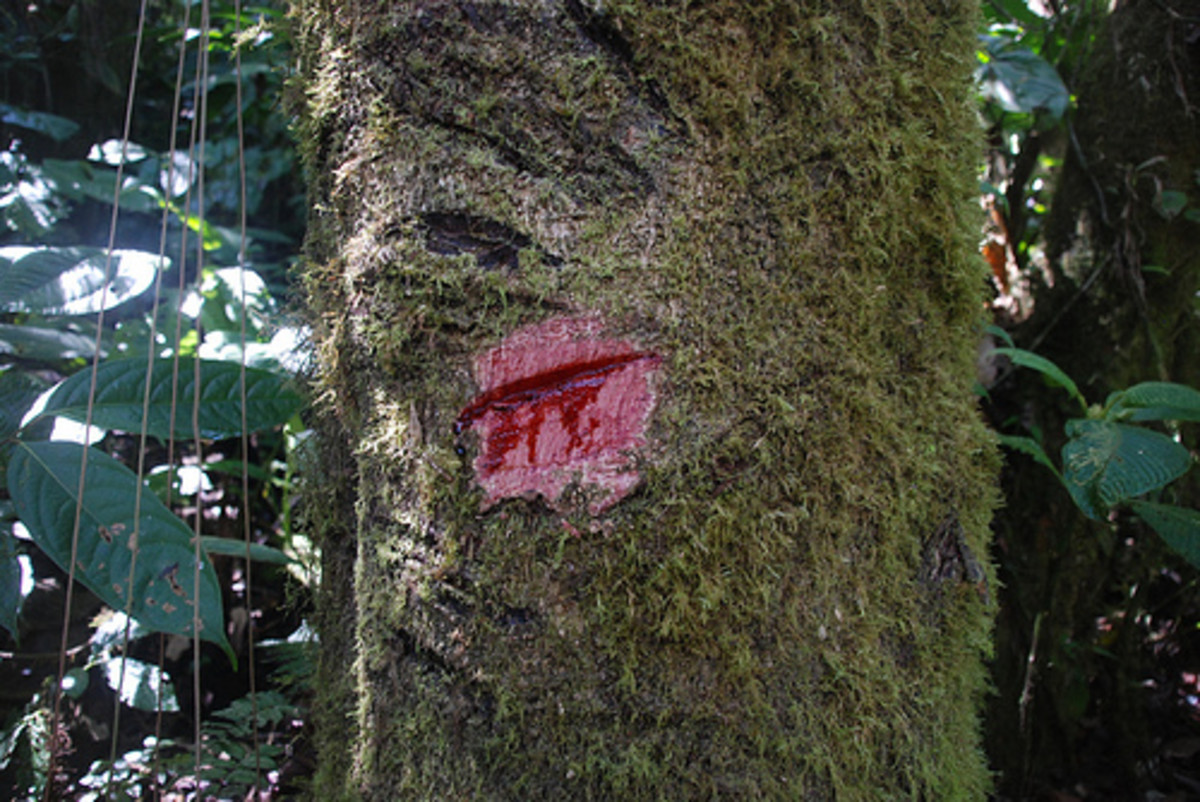


Health Benefits Of Dragons Blood Sangre De Drago Hubpages



Aromatika Dragons Blood Incense Resin Finest Grade 40grams 4 X 10g Pouch Amazon Co Uk Kitchen Home



The Royal Botanic Garden Sydney Dracaena Draco Asparagaceae Dragon S Blood Tree The Name Comes From The Use Of The Tree S Resin In Traditional Medicines T Co 8wde4fjat3



Dragon S Blood Sangre De Drago Rainforest Chica


Day 4 The Dragon Blood Forest Thaniya K
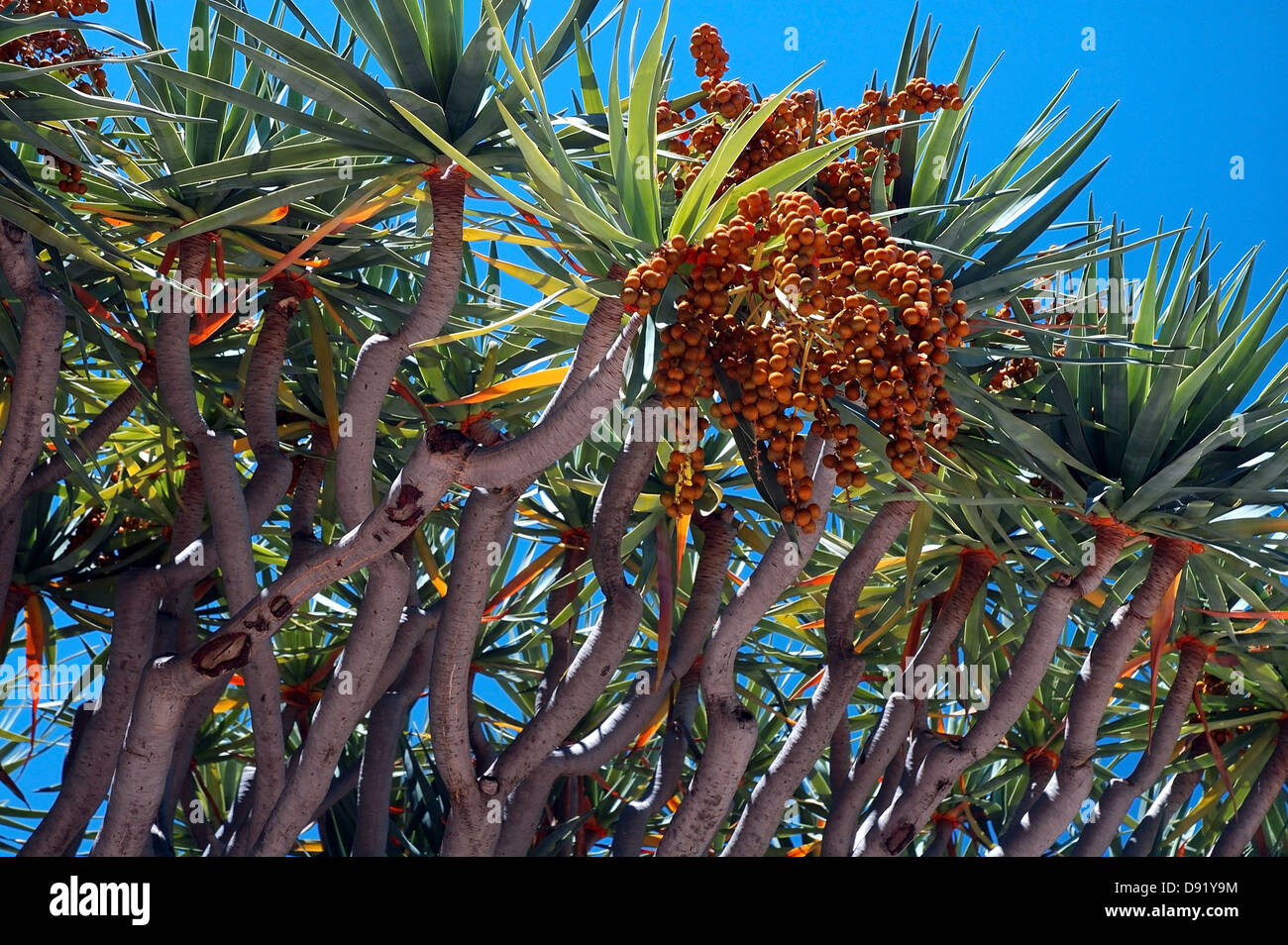


Dragon S Blood Tree Dracaena Draco With Orange Berries Sap Of Stock Photo Alamy



Dracaena Draco Wikipedia



Mybestplace Dragon S Blood Tree The Millennial Tree Of Socotra Island



Forests Free Full Text Local Management System Of Dragon S Blood Tree Dracaena Cinnabari Balf F Resin In Firmihin Forest Socotra Island Yemen
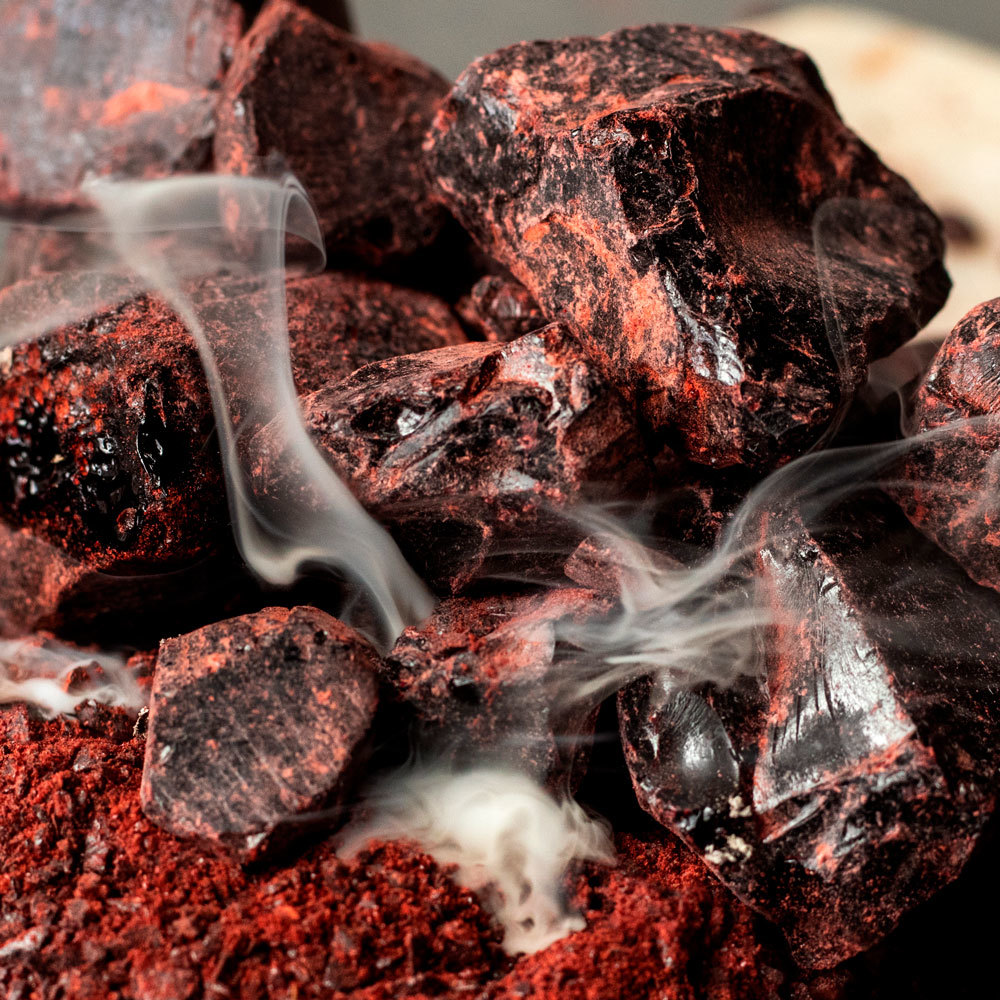


Dragon S Blood Fragrance Oil Candlescience



The Amazing World Dracaena Cinnabari Dragon Blood Tree Island Of Socotra Yemen


Dracaenaceae Dragon S Blood And The Language Of The Birds Tropical Biodiversity



Dragon S Blood Resin Rare Stillpoint Aromatics


Dragon Blood Trees Pics


Dragons Blood Resin The Herb Shoppe



Can Socotra Yemen S Dragon S Blood Island Be Saved



Aromatika Dragons Blood Incense Resin Finest Grade 10g Amazon Co Uk Kitchen Home



Wish I Were There The Treasures Of Socotra Financial Times
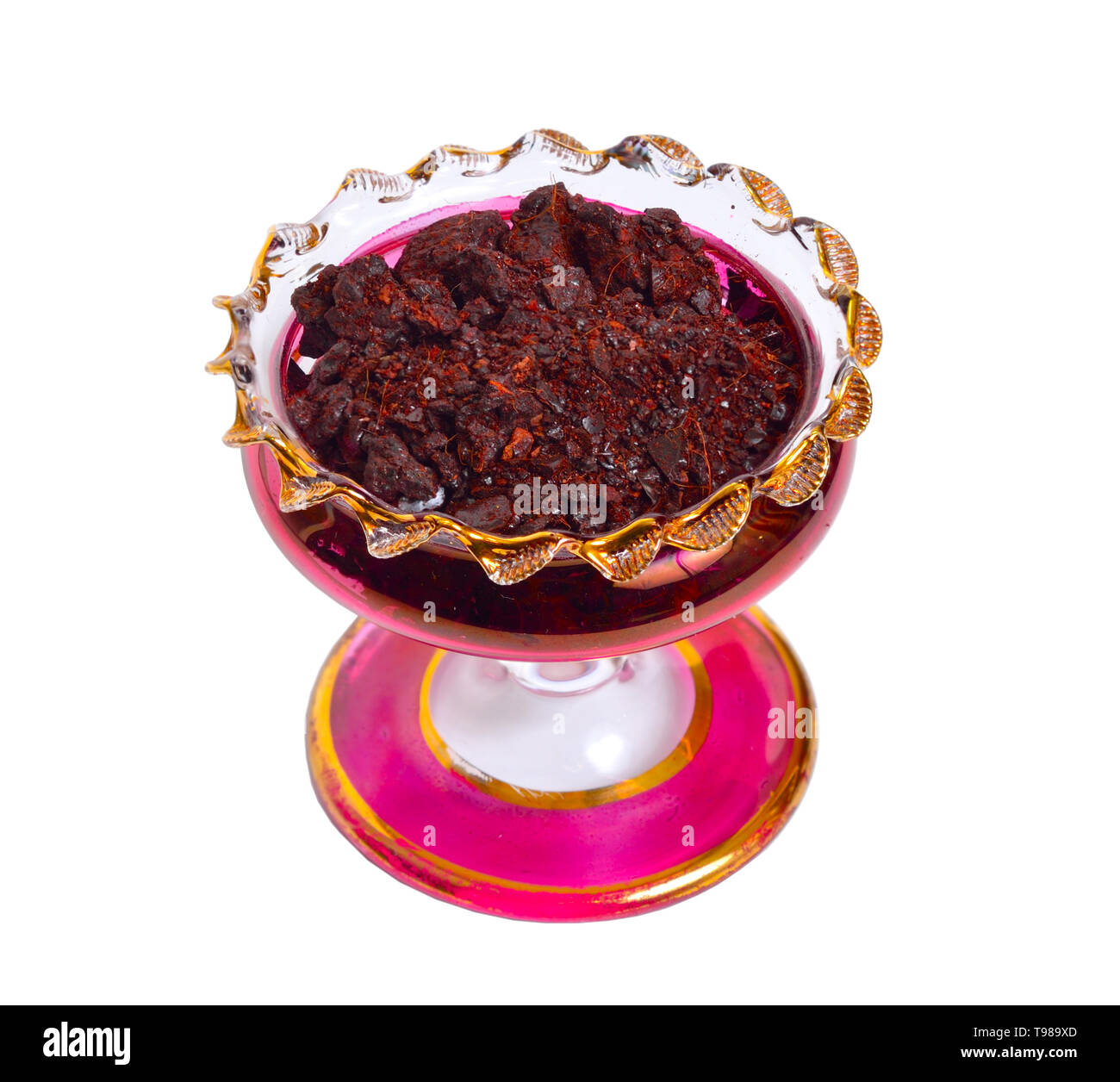


Oman Dragons Blood Tree High Resolution Stock Photography And Images Alamy



Facts About The Strangest Tree In The World Dragon Blood Youtube


Extinction Watch Dragon Blood Tree A Magical Cure All The Economic Times



Dragon S Blood Tree The Famous Resin Producing Tree Used Flickr



Dragon S Blood The Gypsy Thread


The Skin Care Benefits Of Dragon S Blood
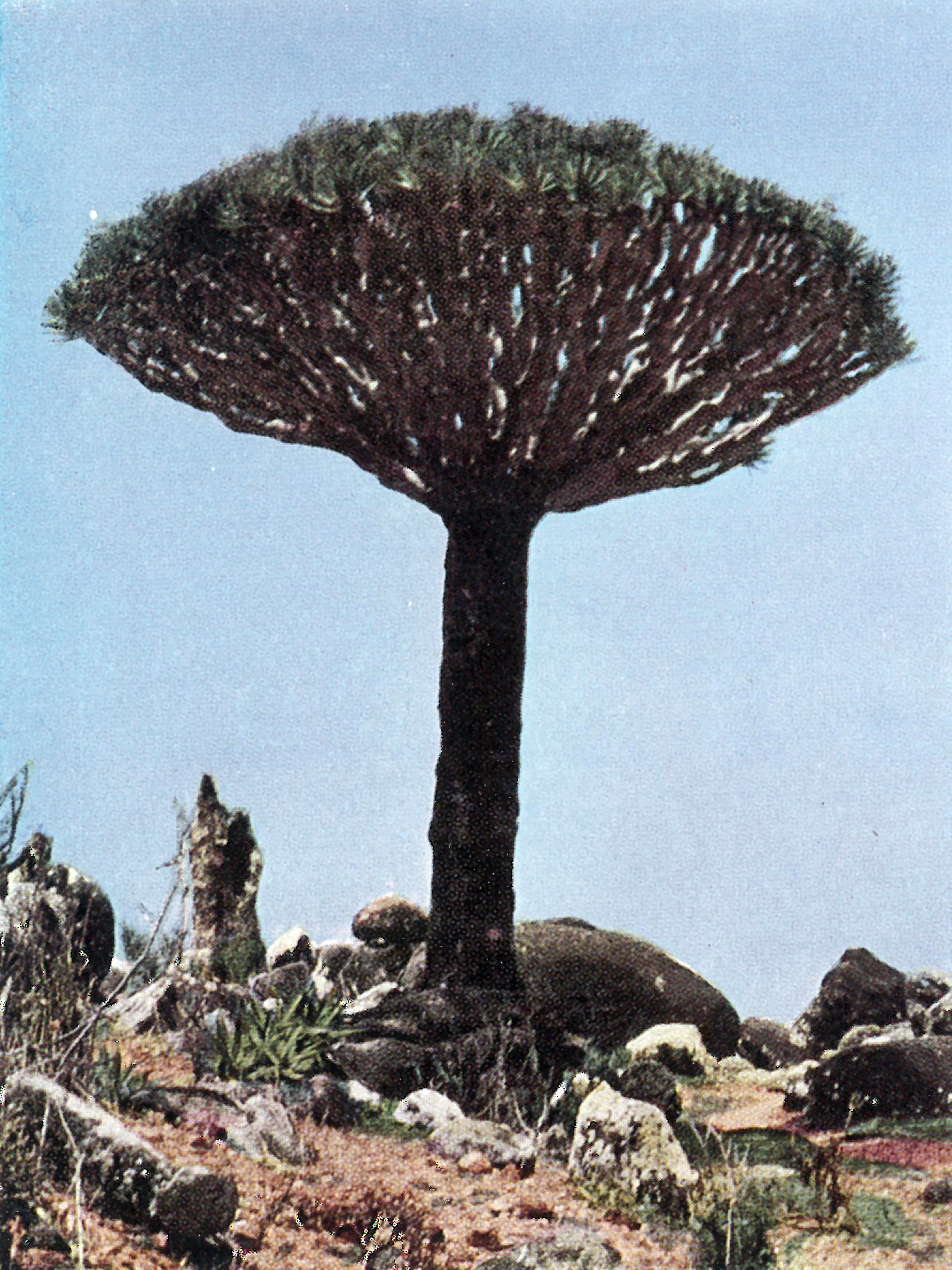


Socotra
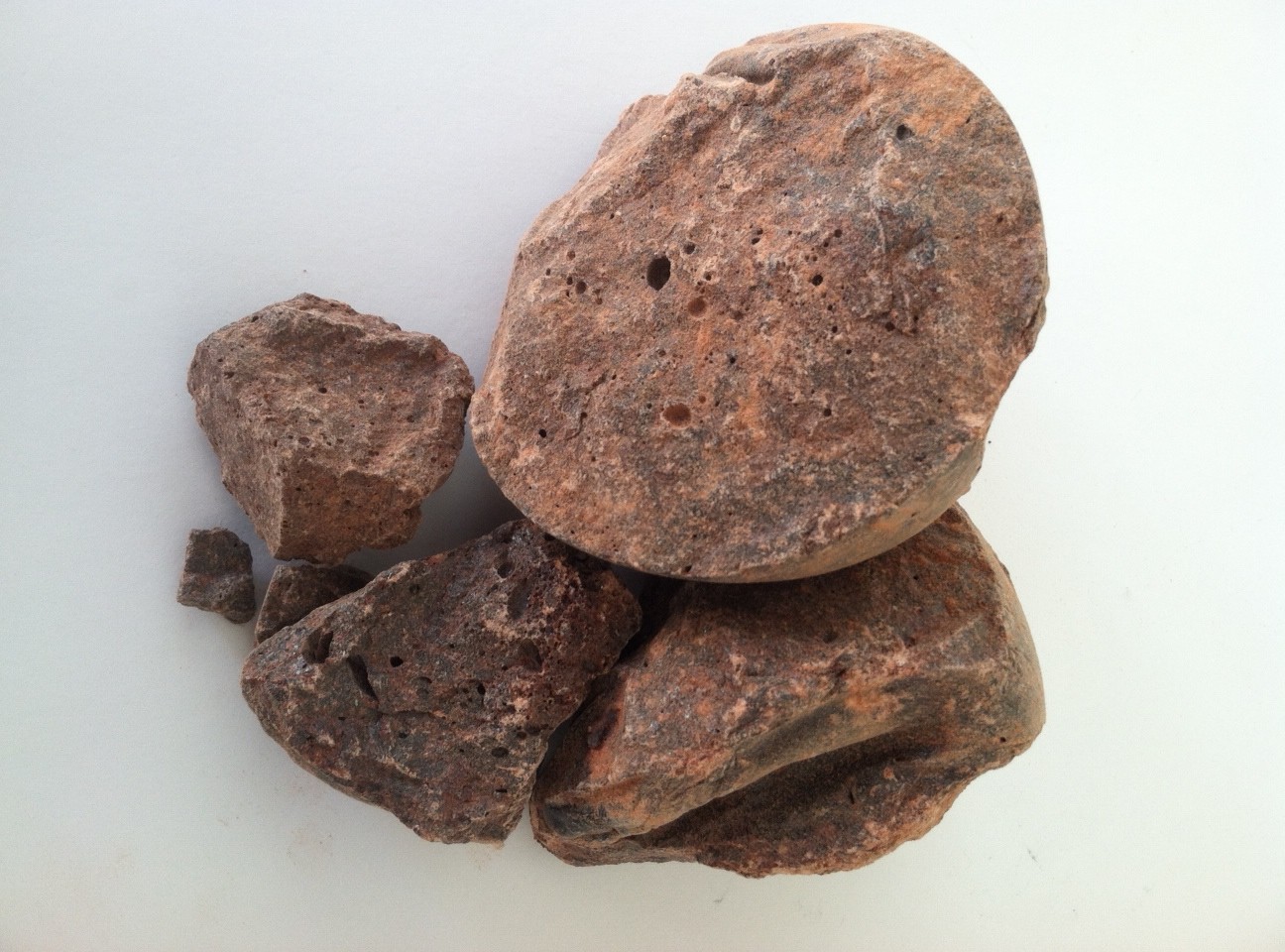


Dragon S Blood Phytognosis



Dragon S Blood Fix Serum Skincare Serums Nip Fab
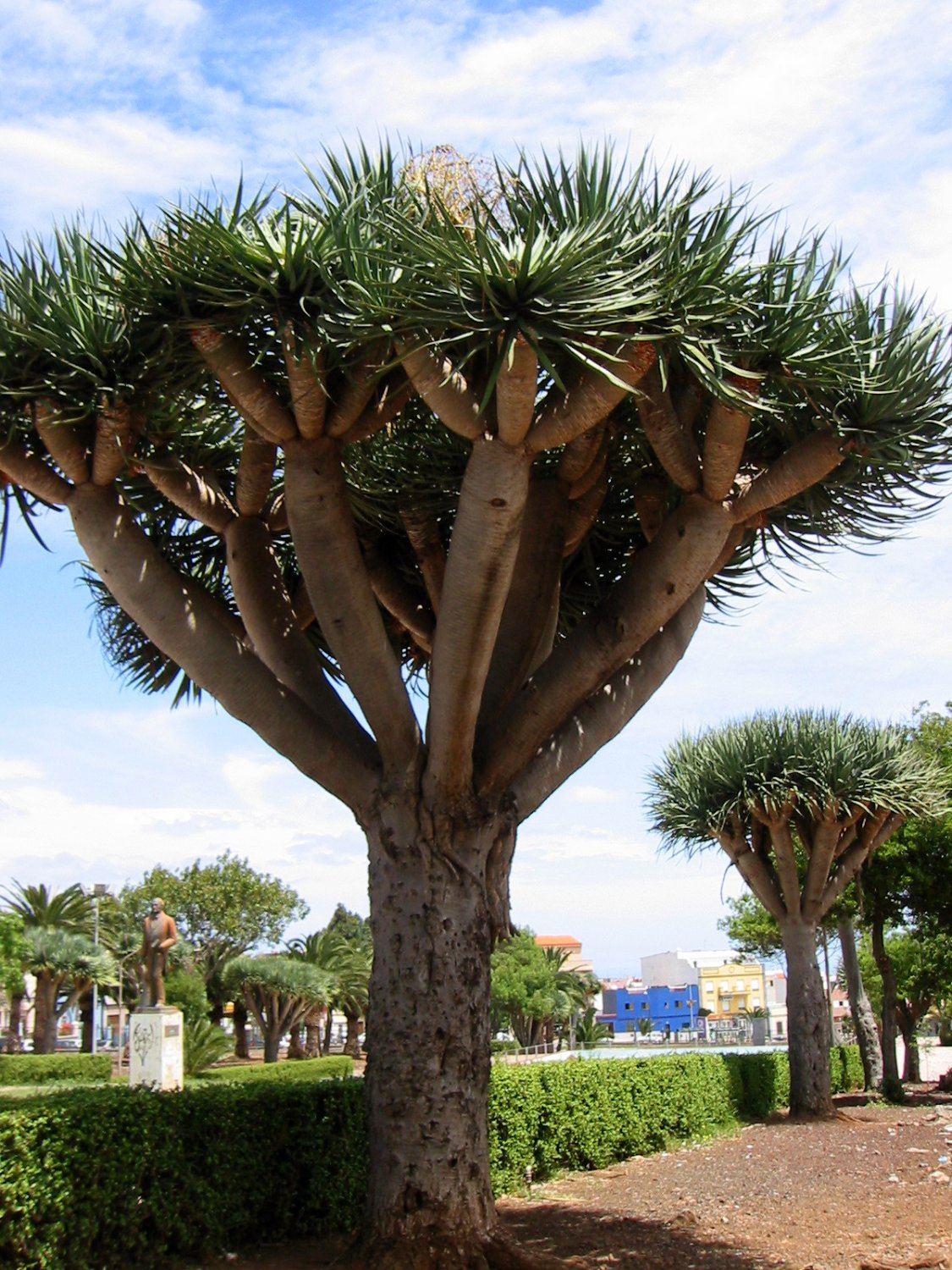


Dracaena Draco 8 Dragon Tree Seeds Dragon S Blood



Dragon S Blood Crushed Powder Daemomorops Draco Powder Herbalveda
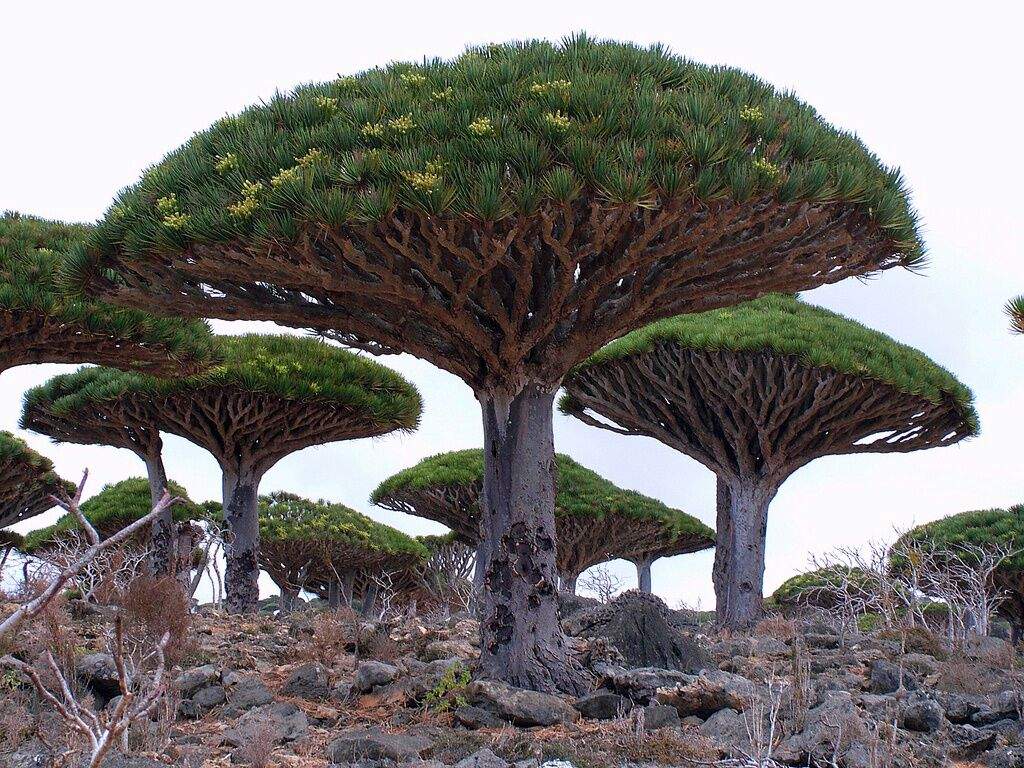


Owc Dragon S Blood Tree Pagans Witches Amino



Dragon S Blood Resin High Resolution Stock Photography And Images Alamy
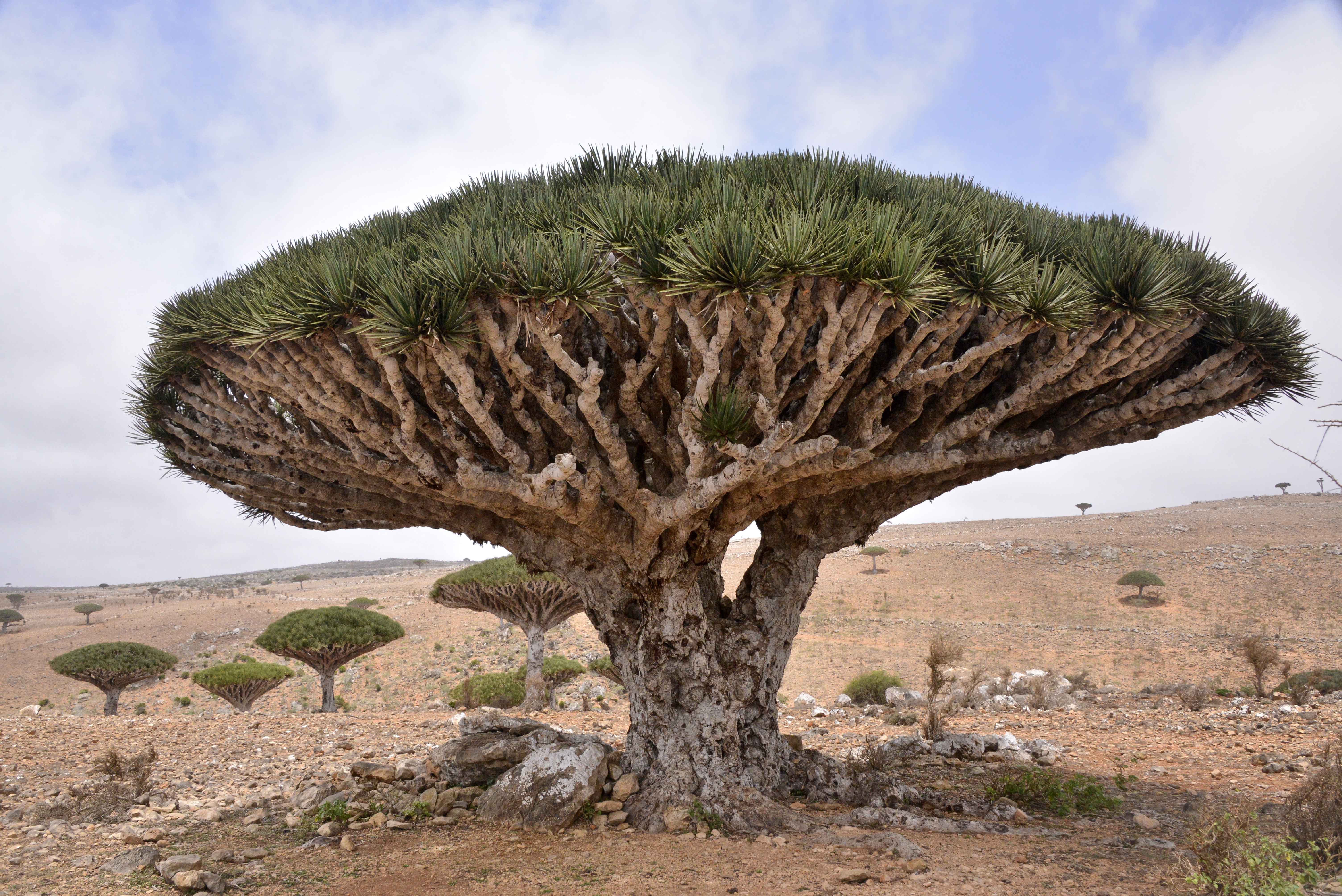


Dragon Blood Tree It S In All Caps Simply Because It S A By Isabella Armour Botany Thoughts Medium



Dragon S Blood Resin Bewitchment Wiki Fandom



Dragon S Blood Crushed Powder Daemomorops Draco Powder Herbalveda



Blood Is Life The Amazing Dragon S Blood Tree The Revelator



Dragon S Blood Resin Britannica



Hem Dragons Blood Resin 30g
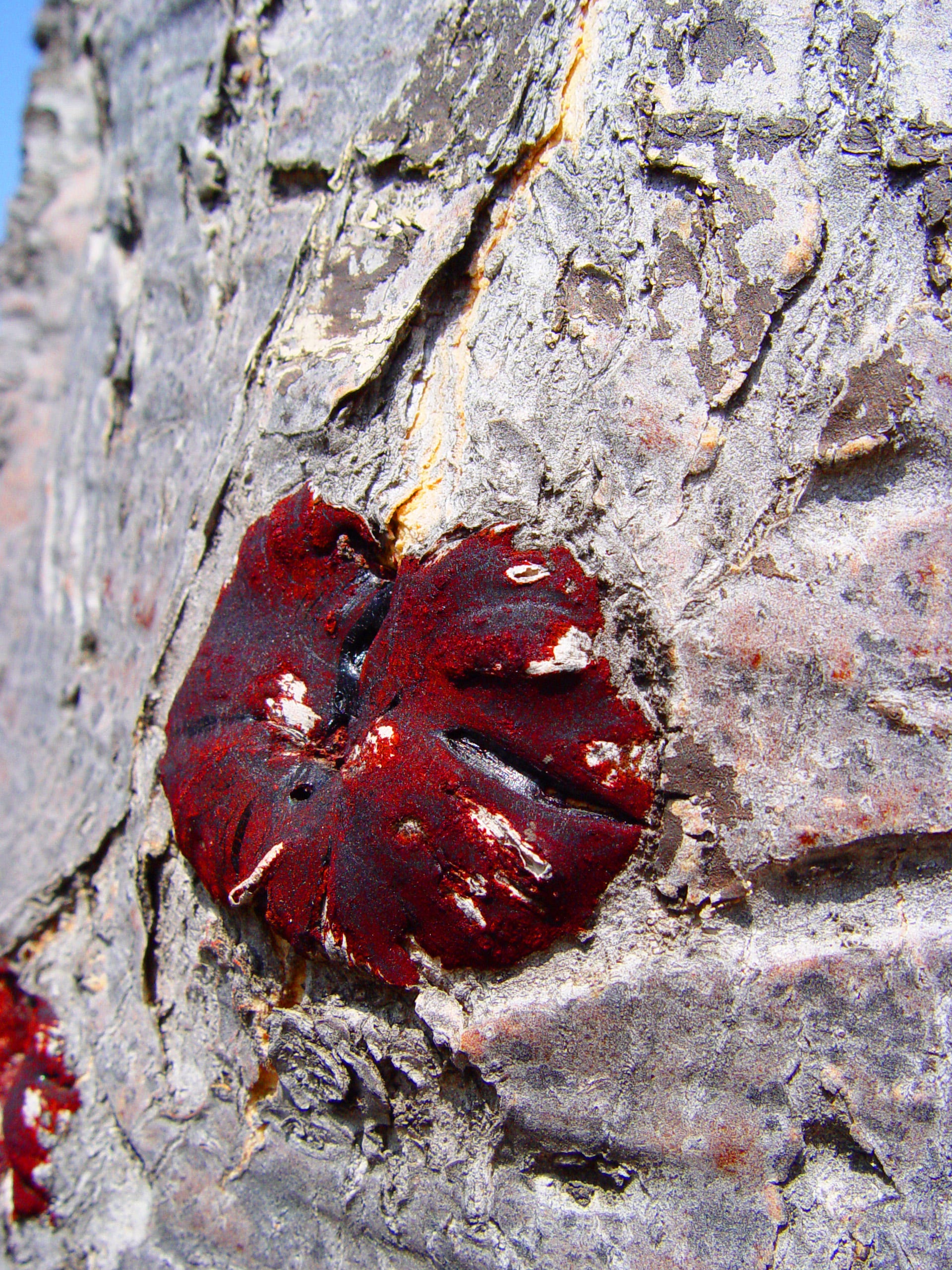


Sanguis Draconis The History Of The Dragon Tree Is Shrouded In Magic



Dragon Blood A Photographer S Journey To Socotra Yemen Youtube
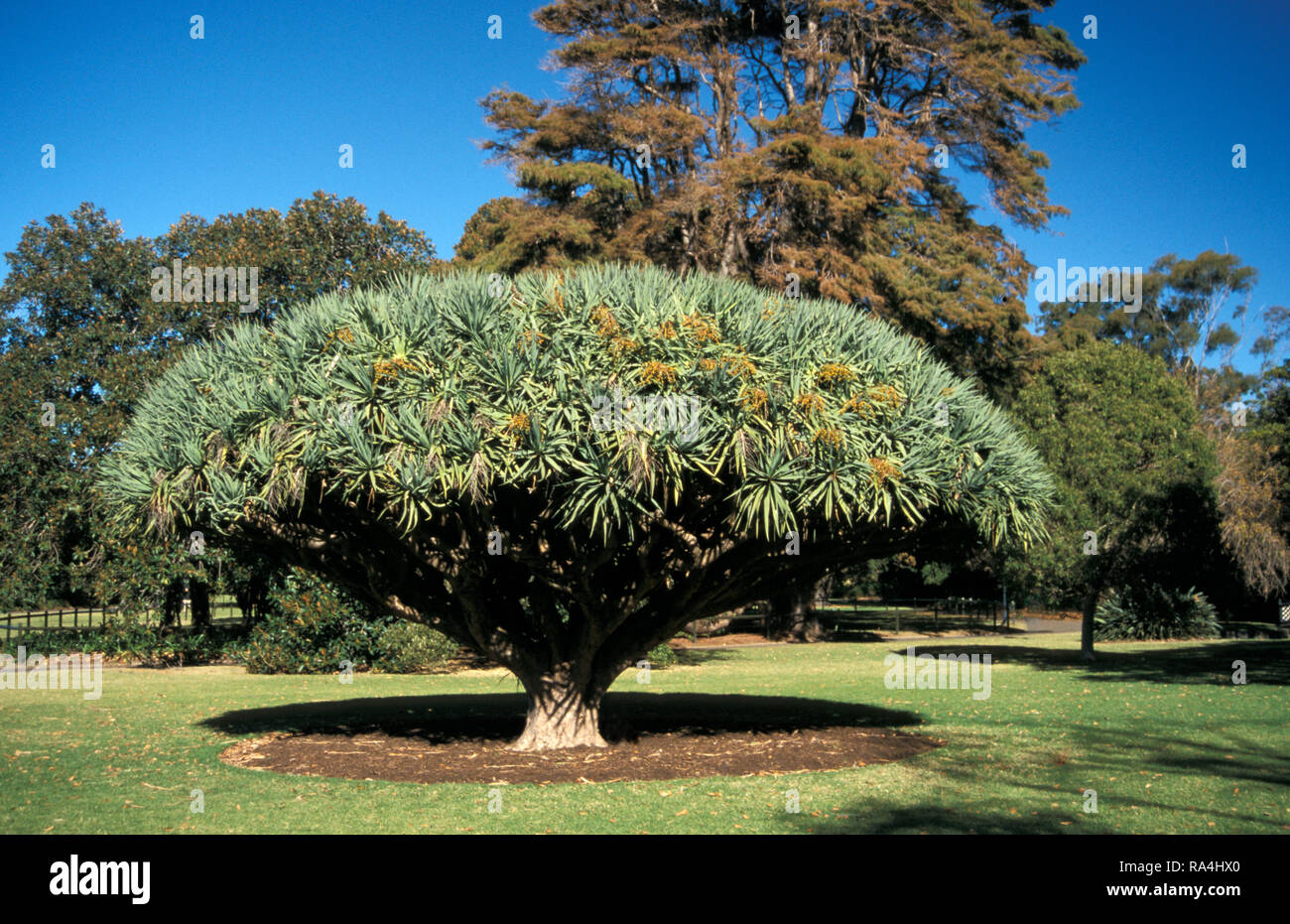


Dragon S Blood Tree Dracaena Draco Also Known As Dragon Tree Sydney Parkland New South Wales Australia Stock Photo Alamy
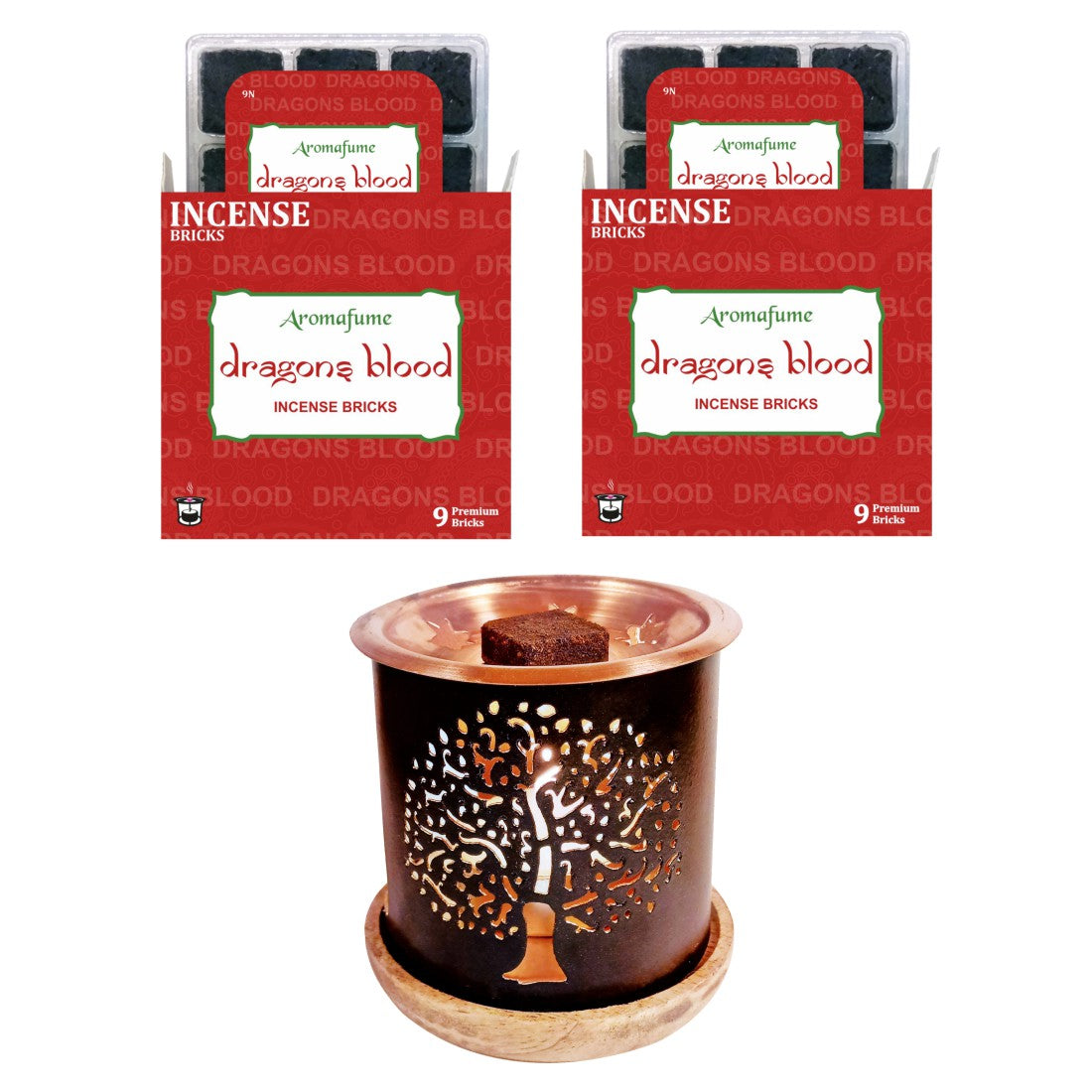


Dragons Blood Incense Bricks Tree Of Life Burner Aromafume
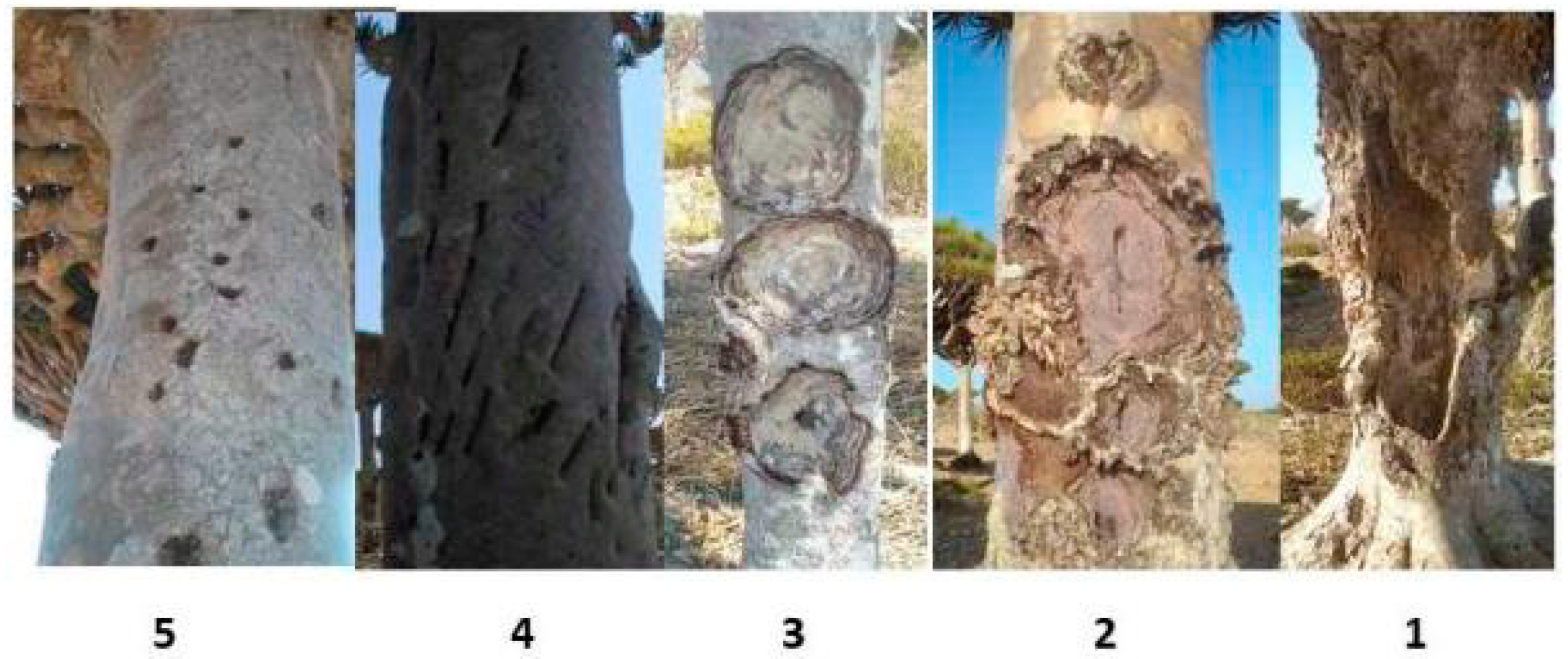


Forests Free Full Text Local Management System Of Dragon S Blood Tree Dracaena Cinnabari Balf F Resin In Firmihin Forest Socotra Island Yemen



Dragon Tree Conflict Tree Spirit Wisdom
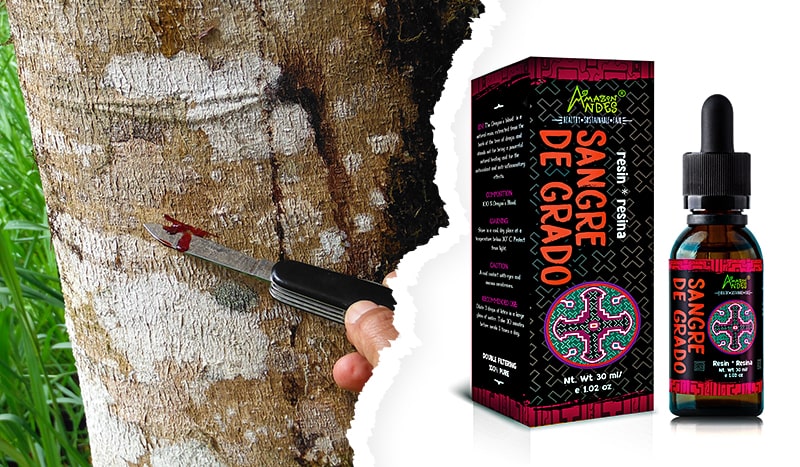


Dragon S Blood Resin Usage Benefits And Contraindications Amazon Andes



Pin On Incense



Dragon Blood Tree


Dragons Blood Incense Bricks Tree Of Life Burner Aromafume



Dragon Blood Tree Resin Page 4 Line 17qq Com



Buzzy Beauty Ingredient Of The Moment Dragon S Blood Fashionista


Dragons Blood Incense Bricks Aromafume



Blood Is Life The Amazing Dragon S Blood Tree The Revelator



Dragons Blood Resin Powder 1 2 Oz 14 Grams Incense Resins Burners Frankincense Etc



Can Socotra Yemen S Dragon S Blood Island Be Saved



The Strange Dragon Blood Tree Of Socotra Island Owlcation


Dragon S Blood Extract Benefits Absolute Soothing Gel The Skin Solution
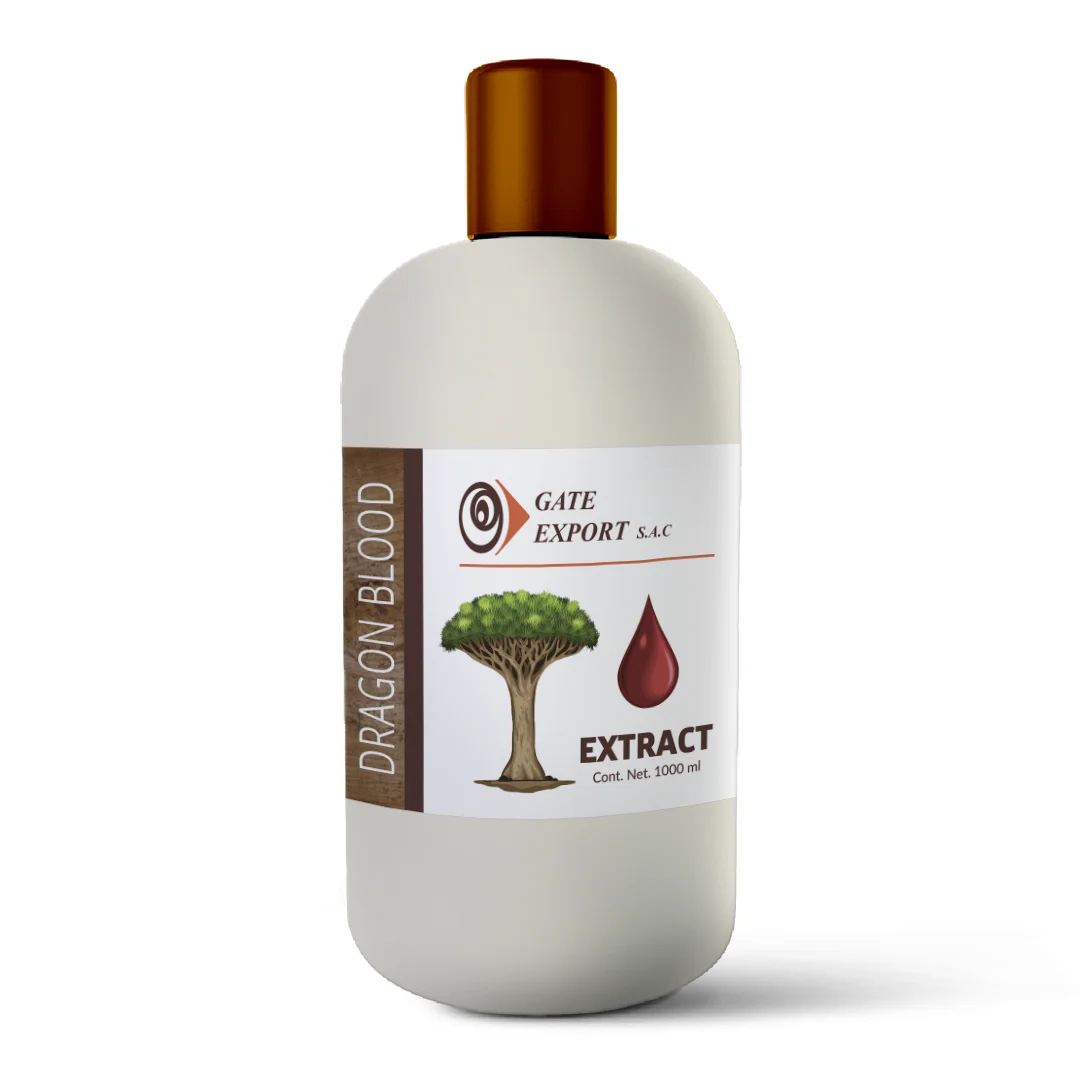


Dragons Blood Sangre De Grado Croton Lechleri Resin From Peru With Pharmaceutical Uses 100 Organic Buy Red Dragon Blood Liquid Dragon Blood Resin Extract Dragon Blood Product On Alibaba Com



Forests Free Full Text Local Management System Of Dragon S Blood Tree Dracaena Cinnabari Balf F Resin In Firmihin Forest Socotra Island Yemen



The Strange Dragon Blood Tree Of Socotra Island Owlcation


Dracaenaceae Dragon S Blood And The Language Of The Birds Tropical Biodiversity



Health Benefits Of Dragons Blood Sangre De Drago Hubpages



Pin On Art Tips
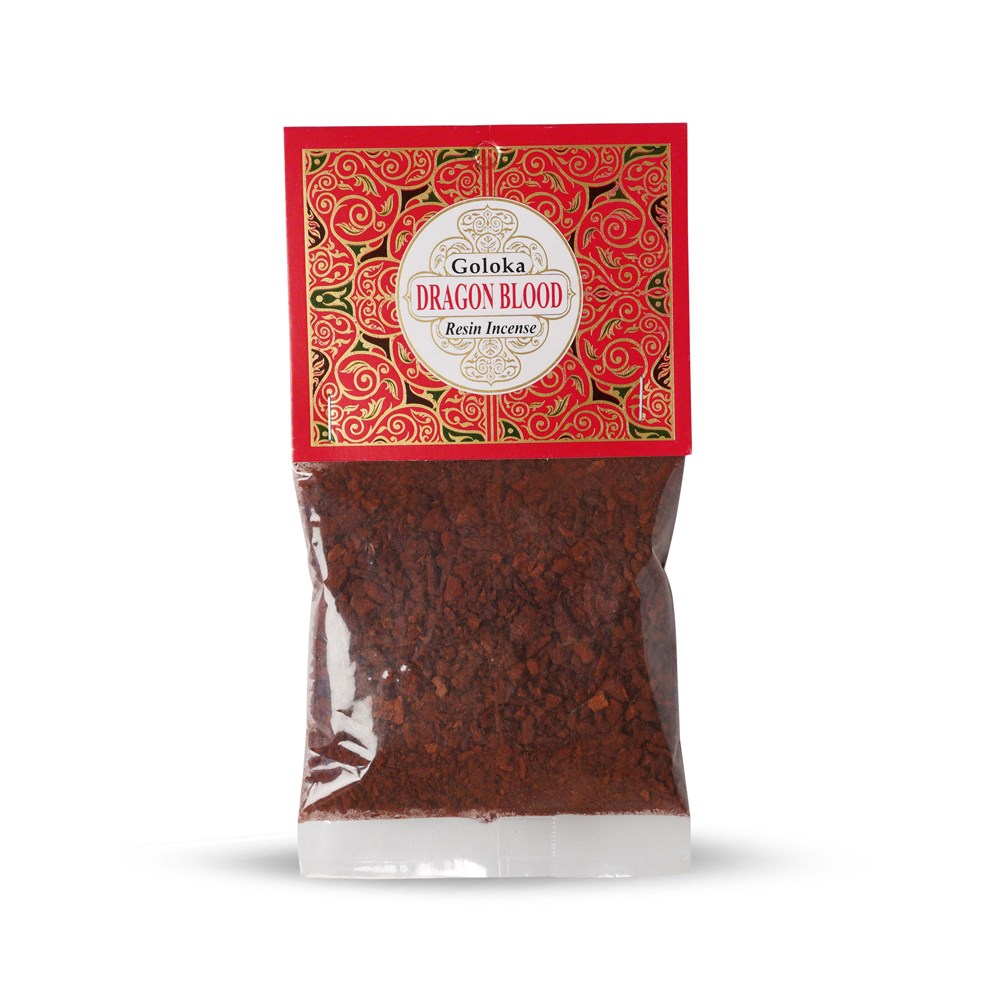


Goloka Dragon S Blood Resin Incense Something Different Wholesale


Dracaenaceae Dragon S Blood And The Language Of The Birds Tropical Biodiversity
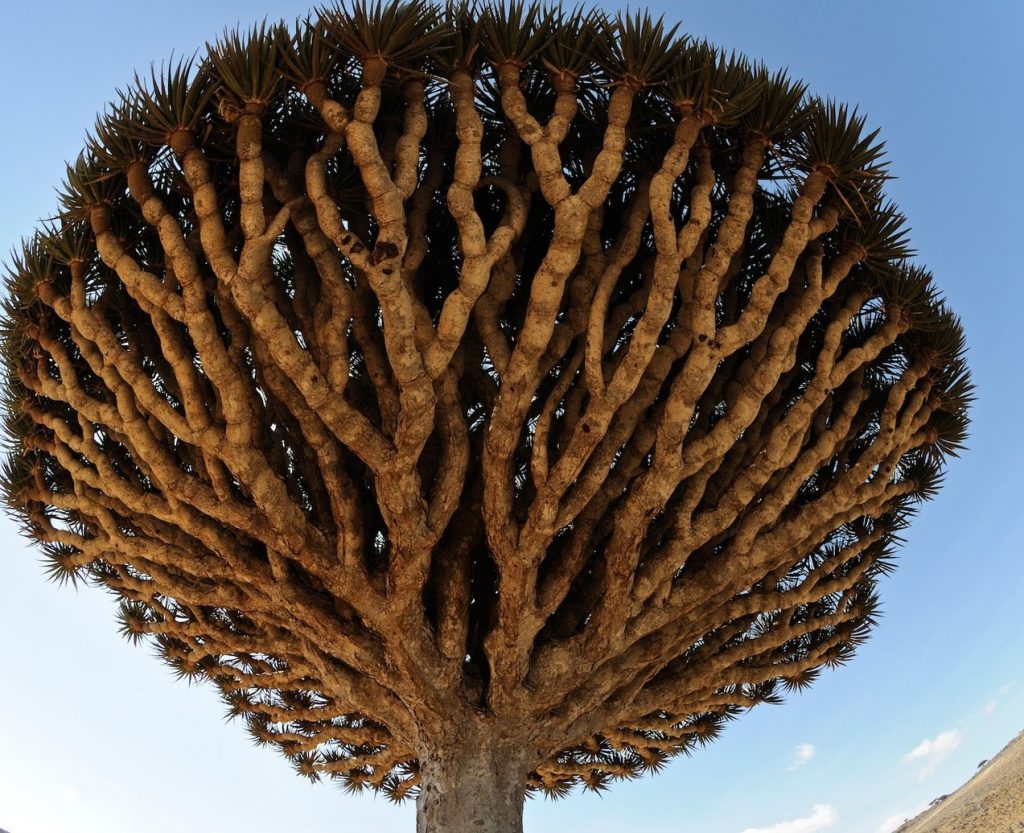


Sciplanet Dragon Blood Tree
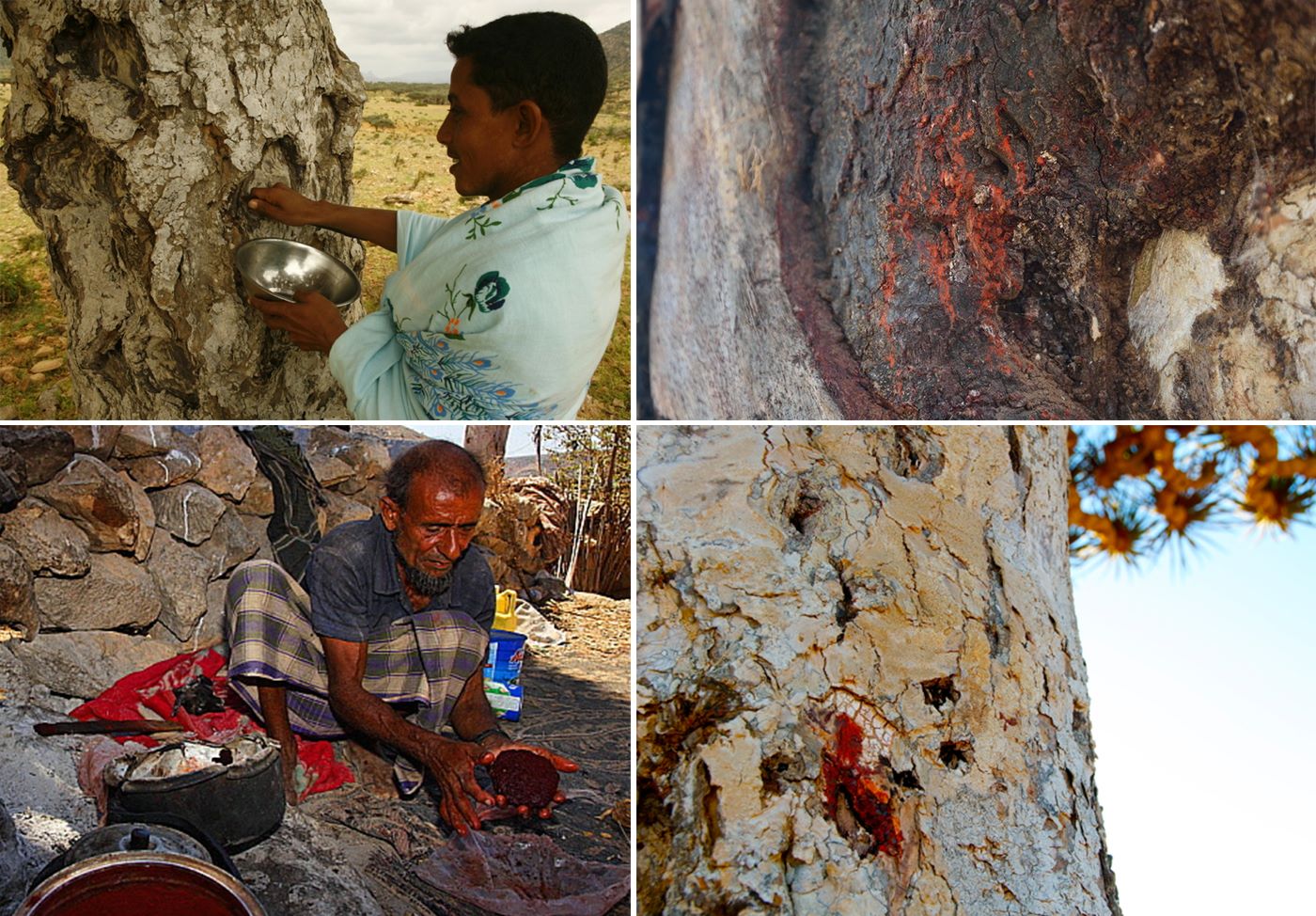


Did You Know Dragon S Blood Comes From A Tree



Can Socotra Yemen S Dragon S Blood Island Be Saved



Forests Free Full Text Local Management System Of Dragon S Blood Tree Dracaena Cinnabari Balf F Resin In Firmihin Forest Socotra Island Yemen
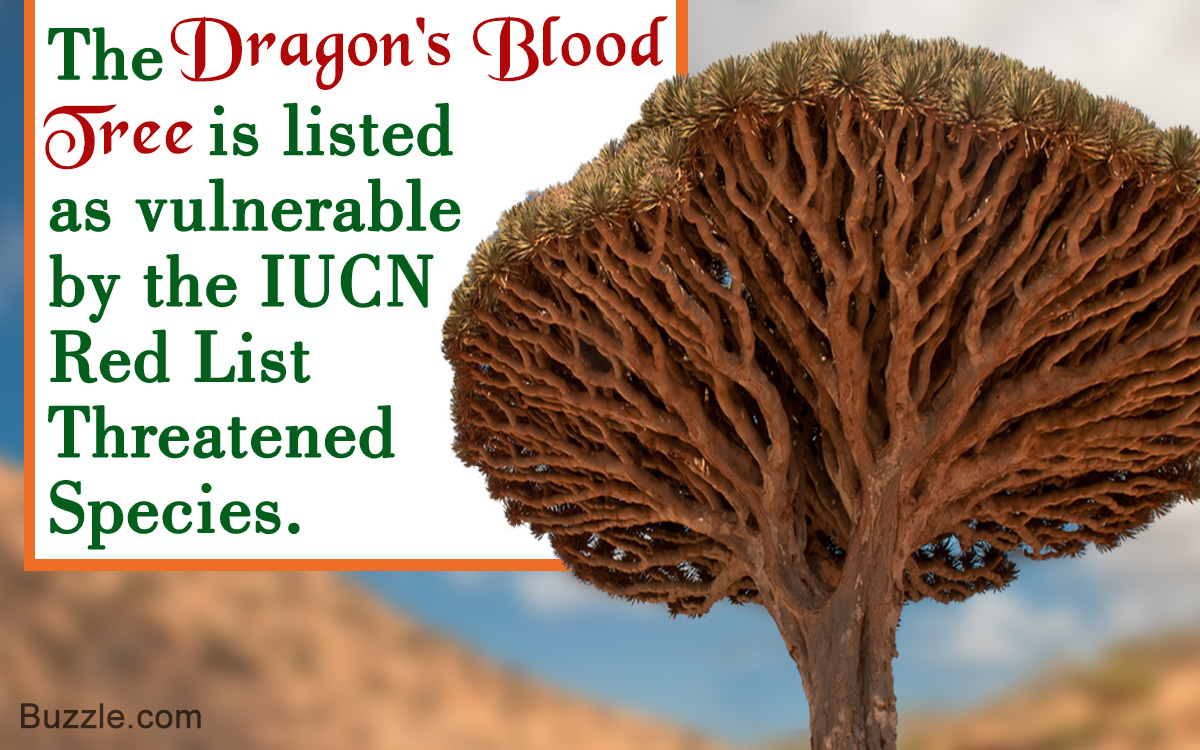


Astonishing Facts About Dragon S Blood Tree Dracaena Cinnabari Gardenerdy



An Old Dragon Tree Dracaena Draco With A Gash In Its Stem Releasing Its Dragon S Blood Resin And A Door In Its Trunk Aquatint With Etching By R G Reeve After J J



Dragons Blood Serum Original Tree Sap Anti Wrinkle Scar Removal Luminositie



Lovinah Dragon S Blood Probiotic Exfoliation Mask Cult Beauty Cult Beauty



Dragon S Blood Sculpting Gel Mini Skincare Moisturiser Rodial
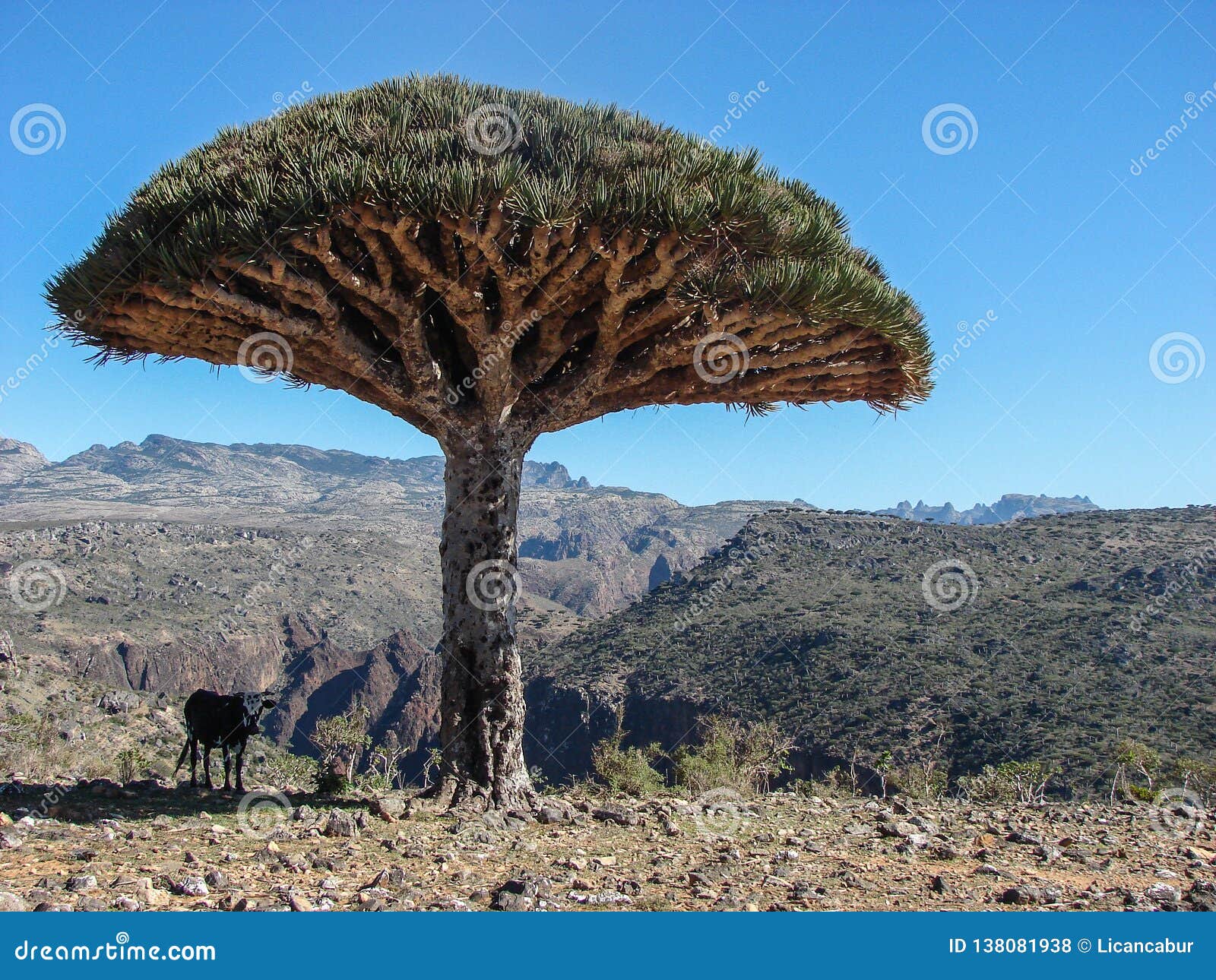


110 Dragons Blood Photos Free Royalty Free Stock Photos From Dreamstime



Pin On Nature



0 件のコメント:
コメントを投稿